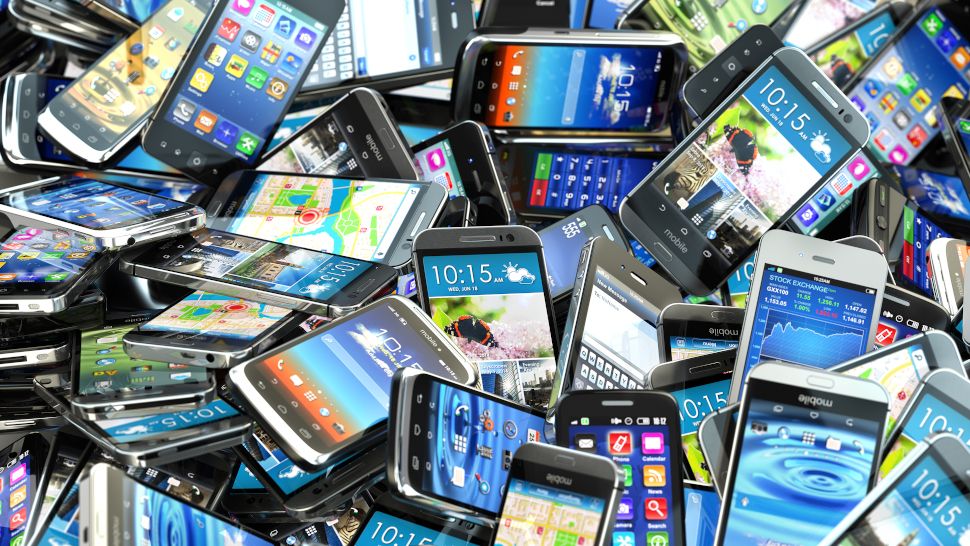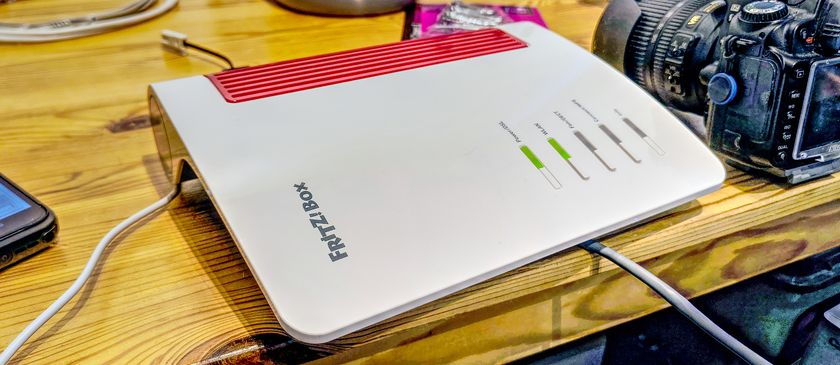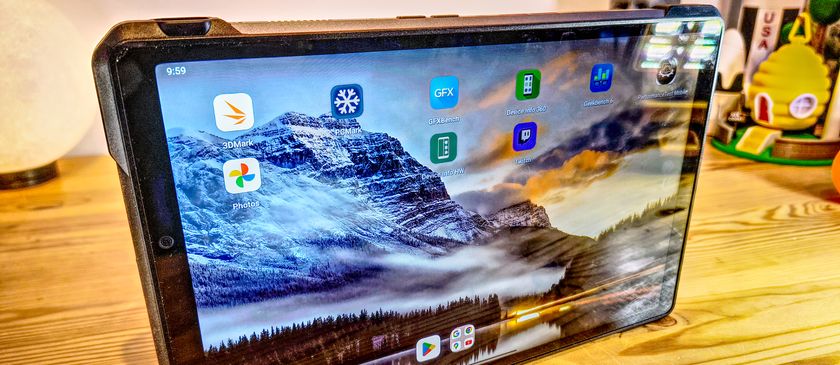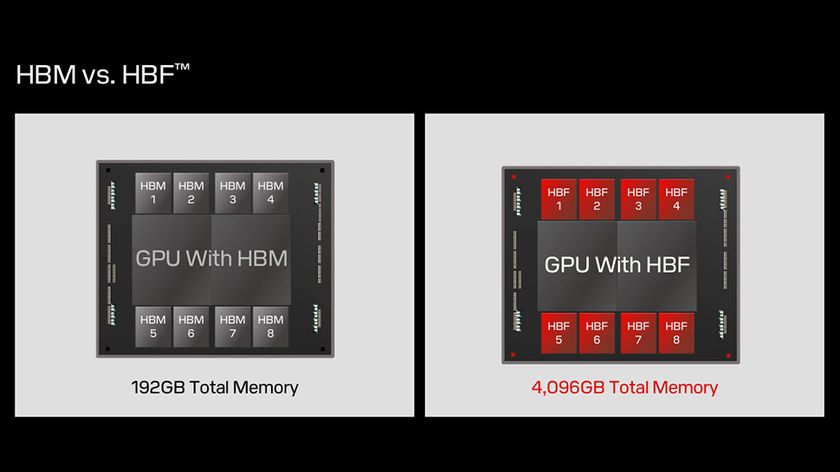Brits still struggle with electronic recycling
BT study shows UK consumers don't know what to do with their eWaste

BT says one third of Brits still don’t know how to recycle their unwanted electronics, citing research that shows many households either dispose of items irresponsibly or hoard them at home.
Four fifths have unused items in cupboards, drawers, or bin bags, while 74% have admitted to sticking devices in regular household waste destined for landfill. Just over half (55%) engage in “wishful recycling” and put e-Waste in the recycling bin and hope for the best.
Cables (44%), remote controls (42%) and hair dryers (39%) are the three most likely items to be hoarded, while broadband hubs (29%) and Wi-Fi extenders (21%) are also common candidates for retention.
- These are the best business SIM-only deals around today
- And the best business broadband deals
- Here are the best business mobile phone deals
Sustainable smartphones
This suggests that more needs to be done to educate customers on how to recycle these devices and that broadband providers that supply equipment need to make it easier for it to be returned. BT says it has recycled more than one million devices since the start of 2020.
“We made some changes in 2019 that make it compulsory to return broadband routers to us after use, which has really boosted our recycling efforts,” said Matthew Hughes, Director of Broadband at BT. “Thanks to these changes and the commitment of our customers, we’ve prevented the release of 11,430 tonnes of carbon dioxide, the equivalent of 6,000 flights from London to Tokyo.”
“The recycling and refurbishment programme is a great initiative, demonstrating the commitment to circularity and achieving long-term sustainability goals by reducing the carbon intensity of products,” added Andie Stevens, Associate Director at the Carbon Trust Advisory, ICT sector lead, which verified the figures.
Intriguingly, the absence of smartphones from the list of common items suggests consumers understand the need to recycle devices and protect their data or indicates the success of trade-in programmes offered by operators and manufacturers.
Are you a pro? Subscribe to our newsletter
Sign up to the TechRadar Pro newsletter to get all the top news, opinion, features and guidance your business needs to succeed!
Every new device manufactured generates carbon emissions across the supply chain and requires the mining of precious metals. If older handsets aren’t resold, recycled, or are disposed of irresponsibly, then emissions will rise, waste will increase, and hazardous materials could be released into the environment.
Return and trade-in programmes such as O2 Recycle offer customers a discount against a new handset in order to drive uptake, while sustainability is also an increasingly important consideration for smartphone buyers.
- The best refurbished mobile phone deals
Steve McCaskill is TechRadar Pro's resident mobile industry expert, covering all aspects of the UK and global news, from operators to service providers and everything in between. He is a former editor of Silicon UK and journalist with over a decade's experience in the technology industry, writing about technology, in particular, telecoms, mobile and sports tech, sports, video games and media.
Most Popular






